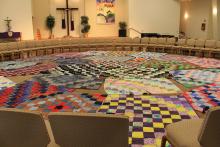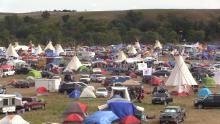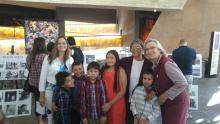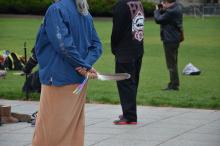August has arrived! If you’re a church leader, you may be looking for a curriculum for your small group, adult study classes, or youth group.
In the words of Pastor Christy Knetsch, whose congregation in Grand Rapids has recently used several of these curricula,
“The Christian Reformed Church is committed to equipping congregations. I am so glad that we have been able to utilize these resources so that we can ensure that not only the head, but heart and hands are empowered to promote justice in the square inches where God gives us influence.”










